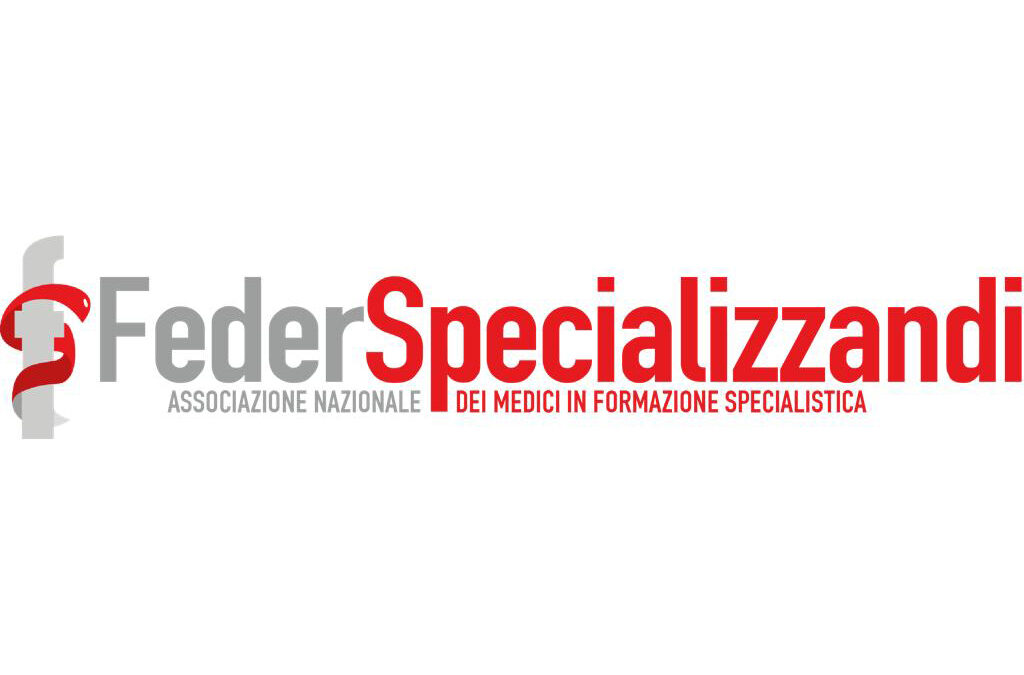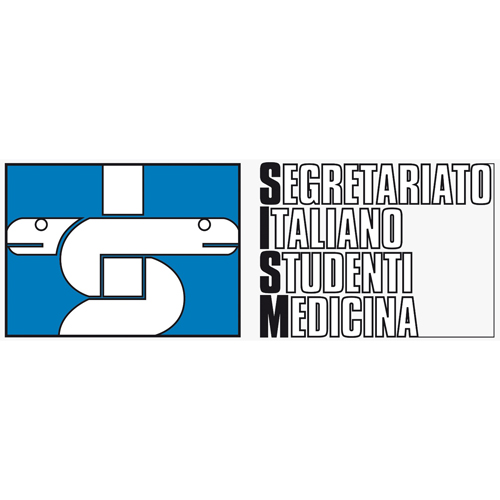
by Valeria Confalonieri | Dec 12, 2023
A patient-centered medicine needs residents not only trained on clinical skills. Residents need to be trained also in soft skills such as communication, relationship and problem solving. Focused training on patients-centered communication and evaluation of the...

by Valeria Confalonieri | May 22, 2020
As students, we are often tempted to take every occasion to put to practice on the patients everything we have learned during our theoretical studies. Despite this understandable propension, it is imperative to remember to consider the patient not as a test subject to...

by Valeria Confalonieri | May 22, 2020
The adverse reactions caused by the administration of drug treatments and the execution of diagnostic examinations (especially if a contrast agent is utilised) represent a particularly relevant threat in modern medicine. It is then fundamental for medical students to...

by Valeria Confalonieri | May 22, 2020
The collection of the medical history represents, in most cases, the first contact with the patient, including the family history and the remote and prior pathological history. It is thus fundamental that the medical history collects as many details including, indeed,...

by Valeria Confalonieri | May 22, 2020
It’s fundamental that medical students are aware of the importance of a doctor-patient relationship within which the patient is considered in its entirety and not as a passive receiver of assistance. Such relationship is essential to the realization of an effective...








Recent Comments